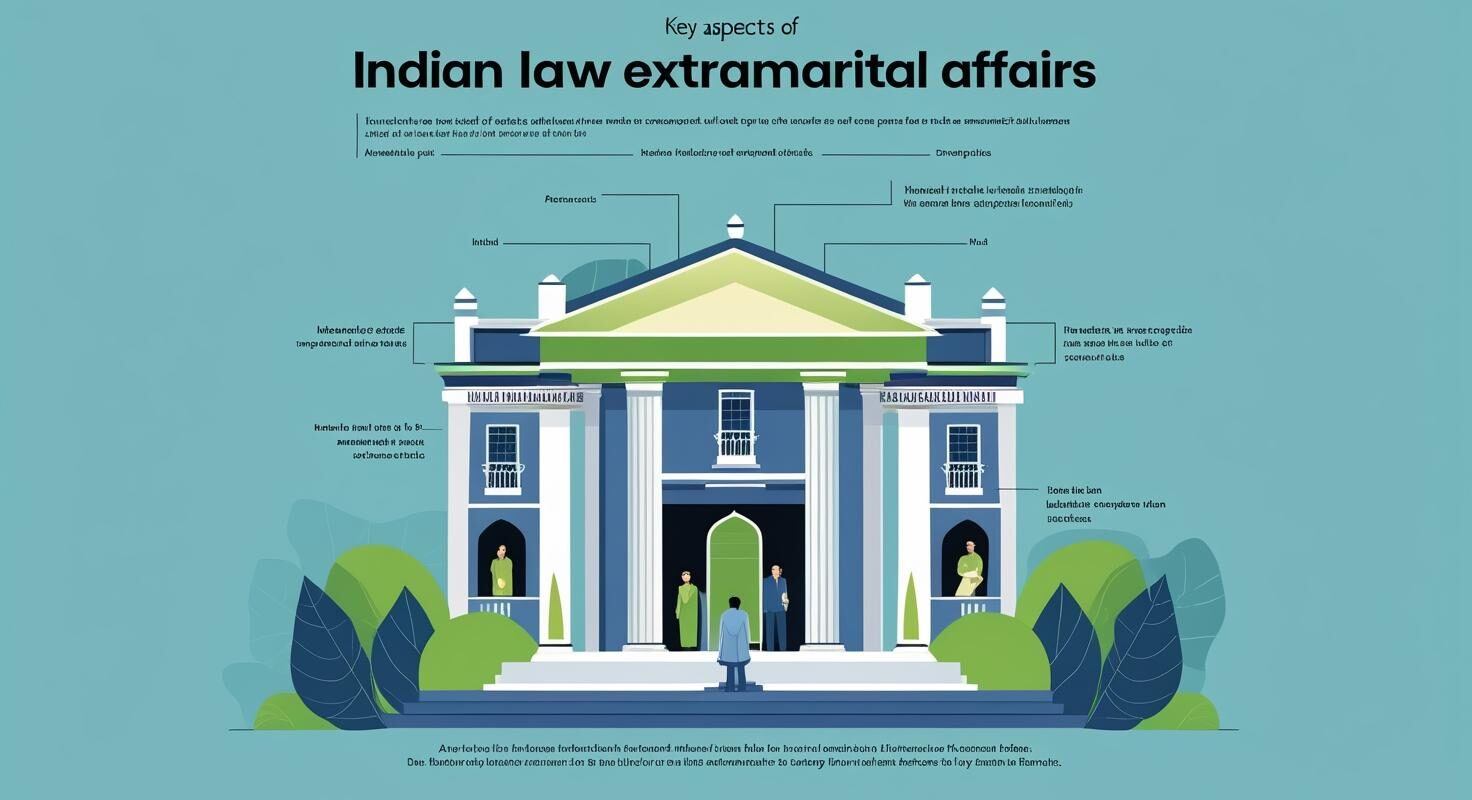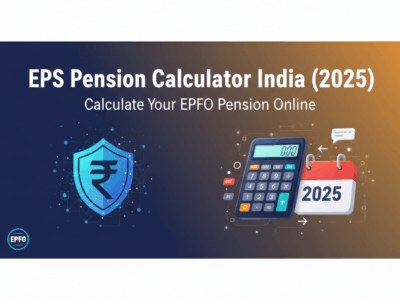Law on Extramarital Affairs in India
Your comprehensive guide to the legal implications of extramarital relationships in India, covering criminal, matrimonial, property, and workplace aspects.
For civilians, consensual extramarital sex is not a crime. For serving defence personnel, it may still trigger service-law penalties, though not prosecution under the IPC.
| Milestone | What Changed | Key Citations |
|---|---|---|
| Sept 27 2018 – Joseph Shine v. Union of India | A five-judge Constitution Bench struck down § 497 IPC (the colonial-era adultery provision) and the linked § 198(2) CrPC. Adultery was declared unconstitutional and non-criminal because it violated equality, privacy and individual autonomy. | privacylibrary.ccgnlud.org |
| Jan 31 2023 – Union of India v. Joseph Shine (clarification) | The Court stressed that the 2018 ruling does not bar disciplinary/administrative action under the Army Act, Air Force Act and Navy Act. Extramarital relationships can still attract court-martial for “unbecoming conduct.” | ndtv.com, linkedin.com |
Adultery remains a valid ground for divorce under various personal laws in India.
| Personal Law | Statutory Ground | Notes | Citations |
|---|---|---|---|
| Hindus | § 13(1)(i) Hindu Marriage Act, 1955 | One act of voluntary sexual intercourse outside marriage is sufficient; corroboration can be circumstantial (hotel receipts, messages, pregnancy, etc.). | legal-wires.com |
| Christians | § 10 Indian Divorce Act, 1869 | Either spouse may sue; wife need not prove additional cruelty after the 2001 amendment. | gsbagga.com |
| Special Marriage Act | § 27(1)(a) | Applies to inter-faith or civil marriages. | gsbagga.com |
| Parsis & Muslims | Similar adultery provisions exist under the Parsi Marriage & Divorce Act, and under case-law interpreting faskh/khula/talaq-e-tafwid. | — | — |
| General Note | — | False or unsubstantiated allegations themselves amount to “mental cruelty,” furnishing an independent divorce ground (see 2025 Chhattisgarh HC ruling). | timesofindia.indiatimes.com |
| Issue | Present Legal Position | Key Rulings | Citations |
|---|---|---|---|
| Maintenance | Proof of adultery can reduce or deny permanent alimony to the erring spouse, but courts balance earning capacity and child-care needs. | K. Srinivas v. K. Sunitha (2014) continues to be followed post-2018. | — |
| Inheritance for children | A child from an “invalid marriage” (including an extramarital relationship) can inherit the parent’s self-acquired and ancestral share but not joint HUF coparcenary property. | Revanasiddappa v. Mallikarjun line of cases (2022 SC) and subsequent 2023 SC order. | lexology.com, timesofindia.indiatimes.com |
| Paternity presumption | Husband remains legal father of a child born during subsisting marriage unless access is disproved; mere DNA doubt is insufficient. | SC January 2025 decision. | timesofindia.indiatimes.com, deccanherald.com |
- Tort / Civil Suit: Spouses occasionally file civil claims for damages (loss of consortium), but such suits are rare and yet to be definitively tested post-2018.
- Workplace Codes: Many private organisations treat proven adultery with a colleague as misconduct under “sexual harassment” or “conflict-of-interest” policies, even without criminal liability.
- Direct evidence: eyewitness testimony, pregnancy/DNA (rare).
- Circumstantial mosaic: hotel or travel records, photos, messages, call-detail maps, social-media posts, admissions.
- Standard of proof: “preponderance of probabilities” (civil), not “beyond reasonable doubt.”
- Defences: Condonation (spouse forgave and cohabited), connivance, absence of opportunity.
| Platform | Typical Questions | Consensus Advice | Sample Thread |
|---|---|---|---|
| Reddit r/India & r/IndiaLaw | Evidence gathering, alimony fears, police threats. | Engage a family-law advocate early; avoid criminal intimidation; document everything; consider mediation. | reddit.com |
| Lawyers’ blogs (e.g., Sharks of Law; Aditya & Co.) | Impact on divorce, child custody, mental cruelty. | Same-sex adultery also qualifies; mutual consent divorce may be quicker where proof is weak. | sharksoflaw.com, adityaandco.com |
- Consult a specialist: A family-court practitioner can gauge whether to file for judicial separation, divorce, or merely seek counselling.
- Preserve evidence: Take forensic backups (metadata-intact screenshots, hotel invoices, CCTV pulls) before confrontation.
- Safety first: Where domestic violence looms, use the Protection of Women from Domestic Violence Act, 2005 for immediate residence and monetary relief.
- Consider ADR: Lok-Adalat, court-annexed mediation or private mediators often achieve financial settlements faster than contested litigation.
- Children’s welfare: Courts prioritise the minor’s best interests over parental fault while deciding custody or visitation.
Extramarital affairs are a civil wrong, not a crime, for civilians—but they still carry heavy matrimonial, financial and professional consequences. The Armed Forces remain an exception. Successful divorce cases hinge on quality evidence and timely legal strategy.
- privacylibrary.ccgnlud.org - For details on Joseph Shine v. Union of India (2018).
- ndtv.com & linkedin.com - For clarification on Union of India v. Joseph Shine (2023) regarding armed forces.
- legal-wires.com - For Hindu Marriage Act, 1955 details.
- gsbagga.com - For Indian Divorce Act, 1869 and Special Marriage Act details.
- timesofindia.indiatimes.com - For various rulings including Chhattisgarh HC and SC decisions on paternity and inheritance.
- lexology.com - For Revanasiddappa v. Mallikarjun line of cases on inheritance.
- deccanherald.com - For SC January 2025 decision on paternity presumption.
- reddit.com/r/India & reddit.com/r/IndiaLaw - For community perspectives and advice.
- sharksoflaw.com & adityaandco.com - For lawyers' blog insights.
Disclaimer:
This overview is for general information. Laws vary by personal-law regime and evolve through new judgments. Always obtain personalised advice from a qualified Indian family-law advocate before acting.










